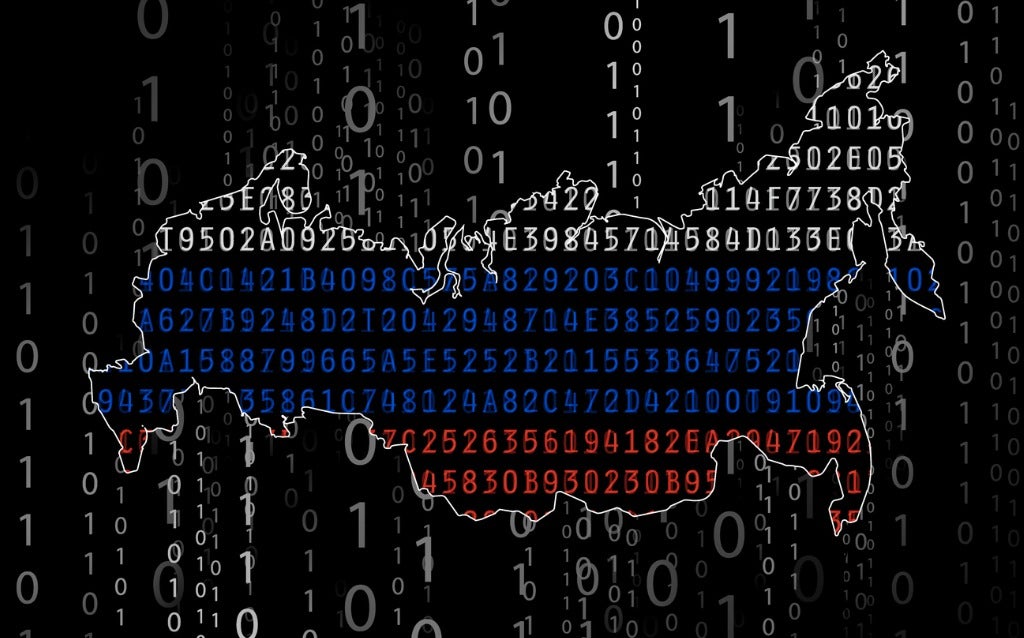Russian VPN use has increased 1,000% as citizens bypass Putin’s censorship
‘The last time we saw a similar increase in sales was when China passed the Hong Kong Security Law’, VPN provider Surfshark said

Russian remand for VPNs has increased over 1,000 per cent in the past month, as citizens look to get information from outside of the country in the face of external sanctions and internal censorship.
The Kremlin has been blocking external news organisations such as the BBC, as well as social media sites like Facebook and Twitter; meanwhile, companies like Apple, Microsoft, Sony, Google, and more have been pulling services from Russia and Belarus.
Using a VPN – virtual private network – to reroute traffic through other areas is the most common way to bypass this. According to data from Top10VPN, search traffic around the acronym increased by 1,092 per cent over the last 30 days.
AppFigures also reported that downloads for the top VPN software in Russia increased dramatically – from an average of 16,000 per day to over 700,000 daily downloads since February 24, an increase of 4,375 per cent.
“In the 10 days between February 24 and March 5, the top 10 VPN apps on the App Store and on Google Play saw more than 4,600,000 new downloads. And our estimates are very conservative here.”
Surfshark compared the increase to China’s surveillance laws. “The last time we saw a similar increase in sales was when China passed the Hong Kong Security Law in May 2020,” a spokesperson for the company told Bloomberg.
That law criminalised acts of secession, subversion, terrorism, and collusion with foreign or external forces, with critics saying that it would make it easier for the Chinese state to crack down on protestors and control the territory.
It is possible that these new tools will become a necessity for Russian citizens if the country disconnects from the interent – something it experimented with in 2019 and which could come to a head if it suffers significant cyberattacks.
Anonymous and other hacking groups have been disrupting Russia’s operations, alongside a ‘volunteer IT army’ and Ukrainian cyberdefence.
Two documents published by the Ministry of Digital Development outline measures the Russian government wants state-owned websites to take to “coordinate actions to defend telecommunication services on the internet.”
This includes switching from foreign hosting services to those based in Russia and removing code that did not originate in the country.
Read more: How our experts test VPNs
Join our commenting forum
Join thought-provoking conversations, follow other Independent readers and see their replies
Comments
Bookmark popover
Removed from bookmarks